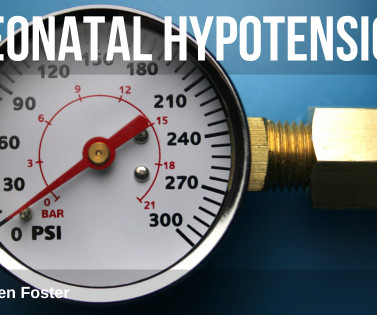emDOCs Podcast – Episode 101: Acute Chest Syndrome Part 2
EMDocs
MAY 28, 2024
Blood transfusion Reduces the overall proportion of HbS. Issues with pulse oximetry Pulse oximetry frequently underestimates the alveolar hypoxia that results in sickling and pulmonary infarction and overestimates the arterial blood oxygen saturation. Causes and outcomes of the acute chest syndrome in sickle cell disease.
















Let's personalize your content